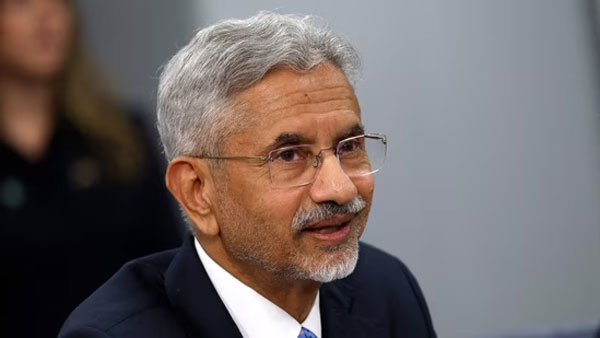Daijiworld Media Network - Moscow
Moscow, Aug 21: External affairs minister S Jaishankar emphasized India’s growing energy ties with the United States on Thursday, noting a sharp rise in oil purchases even as Washington’s August 27 deadline looms for imposing a 25% tariff on Indian imports over continued Russian energy deals.
Speaking in Moscow, Jaishankar rejected claims that India is the top buyer of Russian oil, pointing instead to China and the European Union as larger importers of energy from Russia. "We are not the biggest purchasers of Russian oil or LNG,” he said, adding that many nations have expanded trade with Moscow since 2022.
The minister highlighted that the US has encouraged India in recent years to help stabilize the global energy market — including through purchases from Russia. However, he pointed out that India's oil imports from the US have steadily increased alongside those from other nations.

According to official data, India’s oil and gas imports from the US surged 51% between January and June this year. LNG imports nearly doubled to $2.46 billion in FY 2024–25, compared to $1.41 billion the previous year. Indian Oil Corporation alone ordered roughly 2 million barrels of US crude in August for delivery in October.
While India did buy approximately 2 million barrels per day of Russian oil in August, this volume mostly replaced purchases from Iraq and Saudi Arabia, driven by regional instability.
Beyond energy, Jaishankar signaled deeper engagement with Russia on nuclear energy, fertilizer trade, market access, and labour mobility — areas he described as “very satisfactory.”
Meanwhile, Russia’s Deputy Ambassador to India, Roman Babushkin, affirmed on Wednesday that Moscow’s crude exports to India would continue uninterrupted despite global sanctions. He noted that bilateral trade had grown nearly sevenfold, with Russia supplying around 250 million tonnes of oil to India annually, often at discounted rates.
The developments unfold as geopolitical and economic pressures mount, with India balancing energy security needs against shifting global alliances and impending US trade penalties.